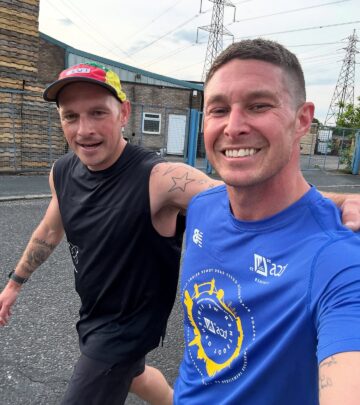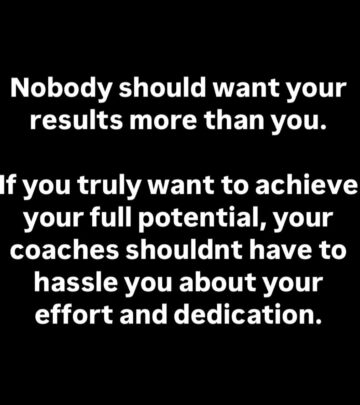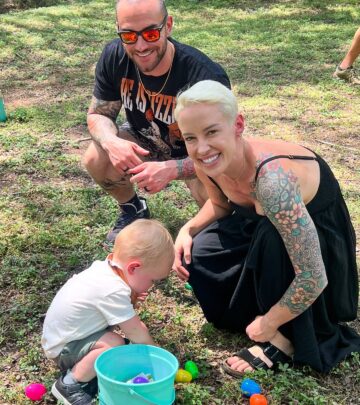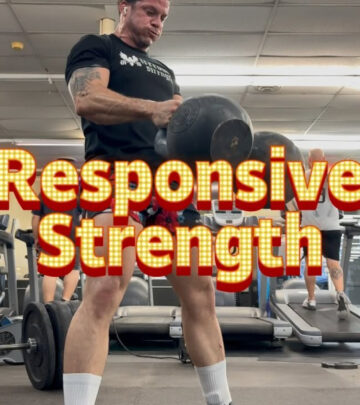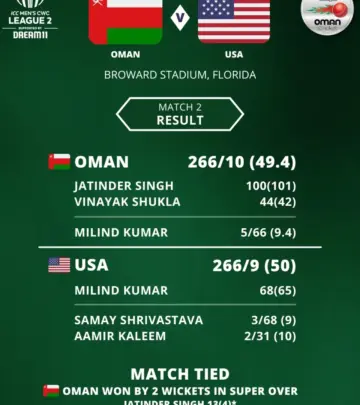Coaching Through Data: Athlete Performance Improvement
Athletes soar as tracking their times and sharing results with expert coaching sparks fast
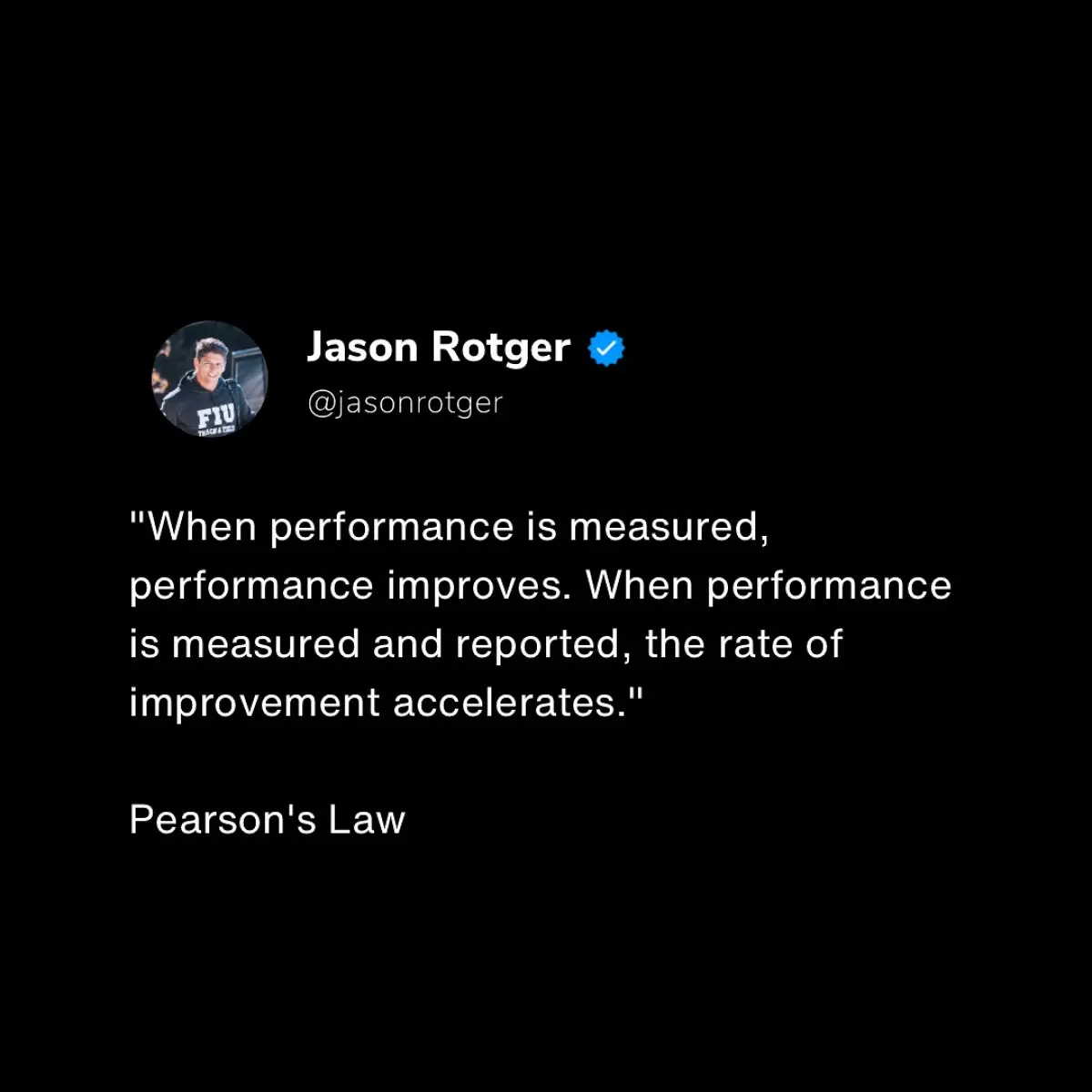
Image: Instagram
In the fast-paced world of competitive athletics, every millisecond counts. Athletes today are constantly looking for innovative ways to up their game. One proven method is to track sprint times and other performance metrics, a strategy that not only fuels self-improvement but also enhances the impact of coaching. In a recent Instagram post, renowned speed and performance coach Jason Rotger (@jasonrotger) shared a simple yet powerful insight: “If an athlete tracks their sprint times, they’ll naturally work to improve. If the same athlete shares those times with a coach, their effort and outcomes will likely improve even FASTER.” This succinct observation captures how data-driven training can be a game changer.
Athlete Performance Tracking
The benefits of tracking athletic performance go far beyond the numbers. By quantifying each sprint, jump, or lap time, athletes gain a clear understanding of their strengths and areas for improvement. This method of self-monitoring creates an environment where every split second is a stepping stone. For many athletes, maintaining a log of their times acts as both motivation and accountability. It encourages them to push boundaries, knowing that every improvement will be reflected in the data.
In the current digital era, wearable devices and smartphone apps make it easier than ever to record and analyze performance metrics. Jason Rotger, a veteran in the coaching world, emphasizes that data should not remain locked away in a personal journal. Sharing these metrics with a coach can lead to immediate adjustments and tailored training regimes. This collaborative approach enables coaches to provide precise feedback, crafted to address the unique needs of each athlete. The simple act of discussion, backed by numbers, makes the training process more dynamic and goal-oriented.
The Coaching Edge
Jason Rotger’s approach underscores the symbiotic relationship between an athlete and their coach. He explains that while self-monitoring is valuable, the real magic happens when the numbers are shared with an experienced coach. With decades of experience in the field, Rotger knows that coaching is not just about drills and technique—it is equally about interpretation of data. When an athlete and their coach work together, they can identify subtle patterns and inefficiencies that might otherwise go unnoticed. As a result, customized training plans can be developed that not only improve speed and power but also refine overall performance.
This methodology resonates strongly in today’s athletic communities as seen on social media. Rotger’s Instagram presence, characterized by posts that mix practical training advice with motivational insights, has fostered a community of individuals who are passionate about performance enhancement. In one of his posts, Rotger not only champions the importance of tracking but also hints at the role of structured guidance in translating raw data into measurable results. His message is clear: embracing technology and communication in training is pivotal in achieving peak performance.
Many athletes have taken this advice to heart. When coaches are provided with detailed performance metrics, they are better equipped to adjust an athlete’s regimen. This can include anything from fine-tuning sprint techniques to optimizing recovery protocols. Rotger’s message also finds resonance in the broader framework of sports science, where biomechanics and physiology are increasingly merged with digital analytics. The process is simple yet revolutionary—numbers guide nuances, and nuances drive results.
Moreover, the principle applies across various training facets. Just as tracking sprint times can elevate a runner’s performance, carefully logging weightlifting repetitions or endurance times can likewise illuminate progress in seemingly unrelated disciplines. The universal thread is that data provides a tangible benchmark for improvement—an objective way to measure progress and adjust strategies accordingly.
The role of a coach, therefore, is evolving. Along with traditional mentoring, today’s coach is increasingly a data analyst. For athletes striving to break personal records or scale competitive heights, the union of technology and coaching evolution represents a critical edge. Rotger’s experience and his active sharing of performance insights not only inspire athletes but also illustrate the practical benefits of a well-documented training foundation.
In today’s competitive sports landscape, the message is unequivocal: performance tracking, when coupled with collaborative coaching, ignites significant improvements. As more athletes adopt this systematic approach, the gap between potential and performance continues to narrow. The fusion of data and dedicated guidance is paving the way for not only faster athletes but also smarter training methodologies that promise to reshape the future of competitive sports.
Read full bio of Manjari Uppal






